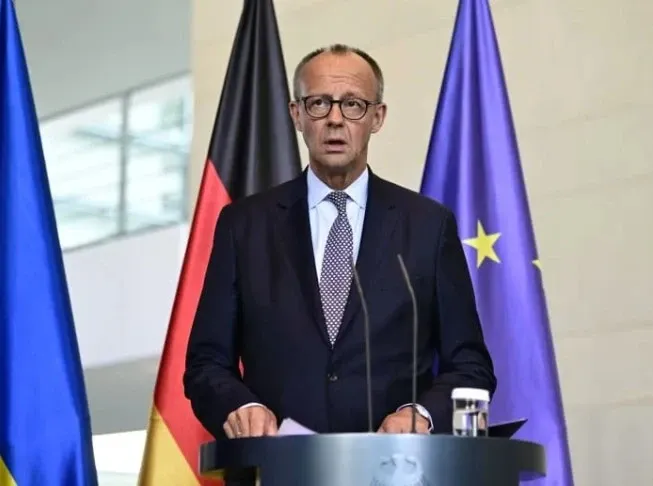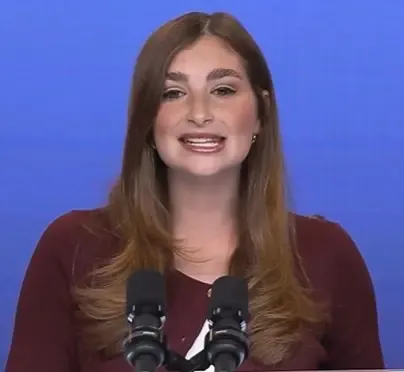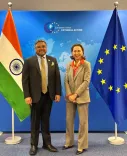Could a Rapid Russia-Ukraine Peace Agreement Be More Valuable Than a Ceasefire?

Synopsis
Key Takeaways
- A swift peace deal could be more impactful than a ceasefire.
- Trilateral discussions are crucial for progress.
- The US plays a vital role in influencing Russia.
- Continued attacks by Russia are seen as disrespectful.
- Security guarantees from the US are essential for Ukraine's stability.
Berlin, Aug 16 (NationPress) A swift peace agreement between Russia and Ukraine could be "more valuable than a mere ceasefire," stated German Chancellor Friedrich Merz.
In a recent discussion with German broadcaster ZDF on Saturday, Merz emphasized that following US President Donald Trump's meeting with Ukrainian President Volodymyr Zelensky on Monday, it is essential to conduct a trilateral dialogue with Russian President Vladimir Putin "as soon as possible" to achieve a peace treaty.
"If that comes to fruition, it holds greater significance than a ceasefire that might extend for weeks without further advancement in political or diplomatic initiatives," he remarked.
Merz expressed that it was "positive news" that there are no discussions regarding territorial matters between Putin and Trump without involving Ukraine and the rest of Europe.
He noted that Europe will have a role in the discussions between Trump and Zelensky on Monday.
A White House representative informed CNN that several European leaders have been invited to the negotiations.
Despite this, Merz indicated that "at present, Trump will continue to play a pivotal role in the conflict."
"The American President has the authority, both militarily and through appropriate sanctions and tariffs, to compel Russia to act more decisively than it currently does," he added.
The Chancellor also expressed satisfaction with the US readiness to engage in security assurances for Ukraine.
"Security guarantees are now on the table," he stated, "and the encouraging news is that America is willing to partake in these security assurances, rather than leaving it solely to Europe."
The German administration and other European governments had insisted prior to Trump's meeting with Putin in Alaska on Friday that an immediate ceasefire should initiate the peace process in Ukraine.
Although Trump had previously supported this stance, he later retracted it, as evidenced by his comments following the summit.
Merz noted that Russia did not seem prepared for a ceasefire.
He criticized Russia for continuing its offensive against Ukraine during the discussions between Trump and Putin.
"I find that especially disrespectful," he remarked.
Trump briefed key European leaders on Saturday morning about his dialogue with Putin.
According to Merz, their discussions also included potential territorial concessions to Russia.
Merz conveyed that Russia appears inclined to negotiate along the current front lines rather than administrative boundaries.
"That represents a significant distinction," the German Chancellor commented.
Historically, Russia has been claiming territories it does not even occupy militarily.
In his conversations with Putin, Trump did not challenge any of the five primary points previously established by European leaders and Ukrainian President Zelensky, Merz noted.
"This is a positive outcome," he added, "indicating that Trump and Putin did not deliberate territorial matters without the involvement of Ukraine and Europe."









